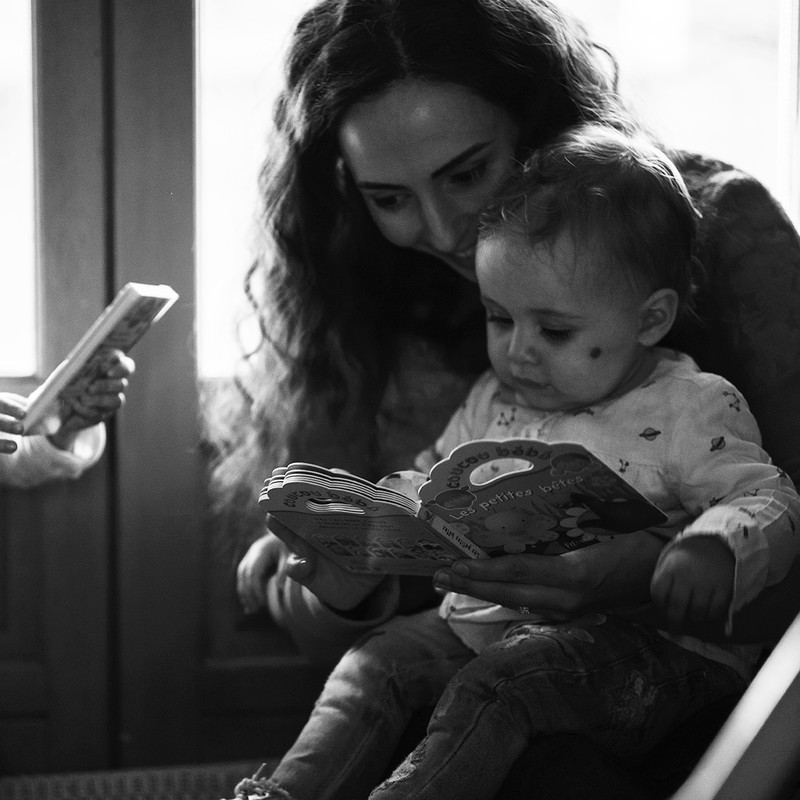What You Need To Know About Maternal Mental Health
Although perinatal mental health problems are being taken much more seriously these days, with around £365 million in funding pledged to the NHS to invest in specialist care and help early diagnosis and treatments, there’s still a long way to go. A shocking 2017 report revealed suicide was the leading cause of maternal death in the UK, and mental health problems around pregnancy – including PND, perinatal anxiety, perinatal OCD, postpartum psychosis, PTSD and birth trauma – can also have long-term effects on children’s emotional, social and cognitive wellbeing. They are thought to cost the country around £8bn a year.
While improvements have been made to specialist services like inpatient care for severely ill women, GP and midwife services have not received any extra money. Not only are these the services in highest demand – 10-15% of pregnant women and new mothers suffer from mild to moderate depression or anxiety, compared to 3% who suffer from post-traumatic stress disorder and 0.2% who experience postnatal psychosis or another chronic, serious mental illness – Dr Alain Gregoire, who chairs the Maternal Mental Health Alliance, says most GPs and midwives haven’t had specific training in mental health, let alone maternal mental health.
After finding that half of women with an emotional or mental health issue don't get it recognised by a health professional and so receive no treatment, the National Childbirth Trust (NCT) launched its #HiddenHalf campaign, which aims to get postnatal mental illness ‘out of hiding’.
The NCT also found that 95% of mothers with mental health problems felt it impacted on their ability to cope, but many were “too embarrassed” or “afraid of judgement” to seek professional help. Global statistics estimate that seven in ten women hide or downplay their symptoms, which can lead to devastating consequences.
To solve the problem, the organisation is demanding the NHS offer better six-week postnatal check-ups so that all new mothers with mental health problems can have access to the treatments available. These can include counselling, medication, online therapy and peer support – “Sometimes, family support under the watchful eye of a GP can be enough to get a woman through,” a NCT spokesperson said.
This week (30th April to 6th May) also marks the UK’s second ever Maternal Mental Health Awareness Week, coinciding with International Maternal Mental Health Day on 2nd May. To show your support, you can demonstrate to politicians that this issue matters by emailing your MP here. It only takes a couple of minutes using the NCT’s online form and the support has already led to MPs raising the issue in parliament.
Visit MaternalMentalHealth.org.uk
DISCLAIMER: We endeavour to always credit the correct original source of every image we use. If you think a credit may be incorrect, please contact us at info@sheerluxe.com.


